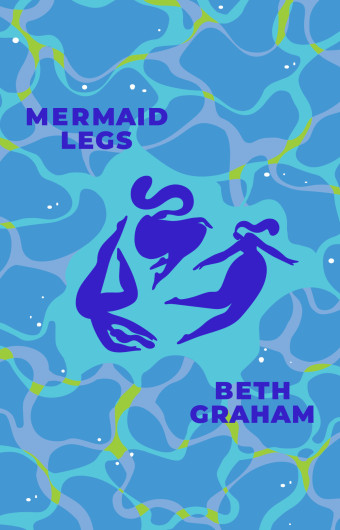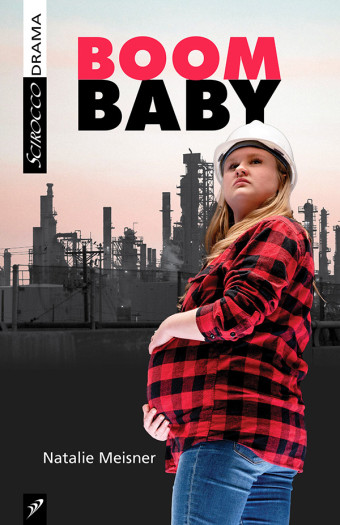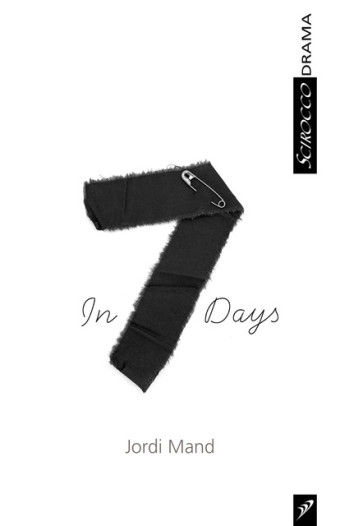Mieko Ouchi’s one-woman play Burning Mom follows Dorothy, a character based on the playwright’s mother, as she uncovers the pain and grief of the past so that she can fully embrace the future. The title is a reference to Burning Man, the Nevada art festival to which Ouchi’s mother made a pilgrimage a year after her husband’s passing.
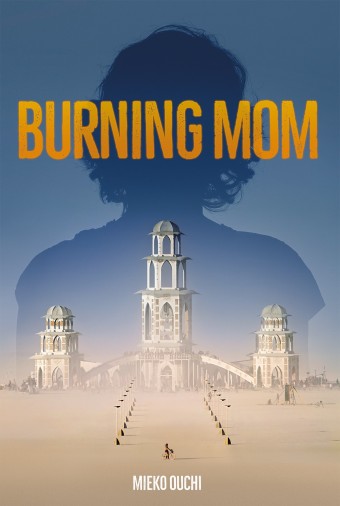
- Burning Mom
- Mieko Ouchi
- Playwrights Canada Press
- $18.95 Paperback, 88 pages
- ISBN: 978-03-69104-34-2
“The title is also a way of describing my mom during that period of her life. She was grieving and trying to figure out how to start the next stage of her life, and part of that in a way was setting fire to her past life,” explains Ouchi. “As a way to honour it, and to acknowledge that what was – can never quite be again.”
Ouchi’s mother was key to writing this play.
“My mom and I would talk on the phone and she would tell me about a particular event or experience, and I would go and write my version of it. Eventually she gave me her diaries from that time to read and use, which was an incredible gift,” Ouchi says.
“Writing this play was not an intellectual exercise. This play truly came from my heart, and my mom’s heart.”
Basing her play on real-life events did not make it easy, though. “It is my greatest joy and my greatest fear to write about my family,” Ouchi says. “I feel a great responsibility to represent them well. I strive to be honest, but kind. Speculative, but true to the heart of what happened. And they have graciously given me permission to portray them in the play.
“And honestly, Burning Mom is 99.5 per cent true! I dare anyone to guess which are the bits I made up. It might really surprise you!”
Ouchi says that during her family’s period of mourning after her father’s death, humour was “such a welcome friend” for them all. “It helped us lift our spirits, recognize the ridiculousness of situations we found ourselves in, and allowed us to see that joy was going to be possible, even when it didn’t seem like it was.”
So the play reflected that. “I hope that humour allows audiences a way into the grief, that it readies us to experience it, and then helps us let it go,” she says.
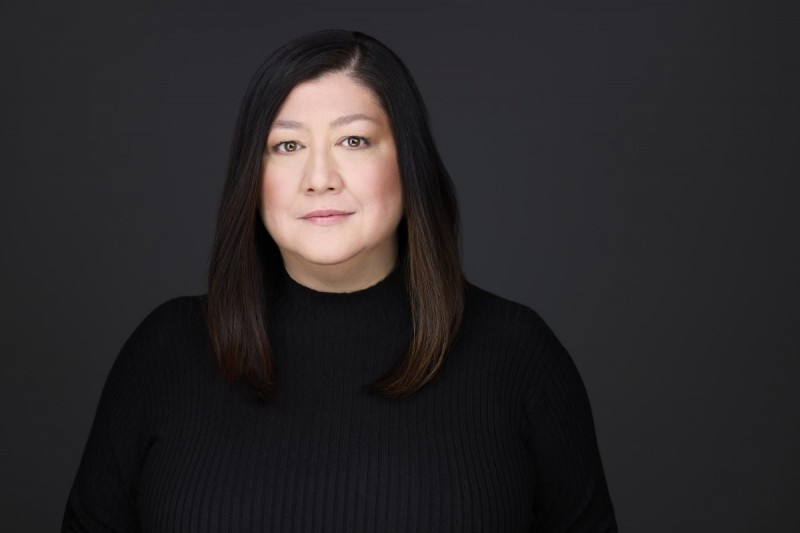
Dorothy’s journey marks an important turning point in her life. And Ouchi recognized that journey as a classic pilgrimage, a central story of humanity.
“In the depths of her worst days, my mother just instinctively got up and starting walking, stepping in the footprints of all those who came before her in search of something more.”
By the end of the play, the audience has taken this momentous – and hilarious – quest with Dorothy.
Ouchi says, “I hope to bring the audience to Burning Man for a magical shared moment when they can join the circle around the Man and experience that moment of deep reflection. To think about what they are letting go, what they can release, and what they are diving into next. A moment of shared humanity.
“That is definitely the goal of Burning Man but also interestingly enough, the goal of theatre, right? Primal connection and storytelling.”




